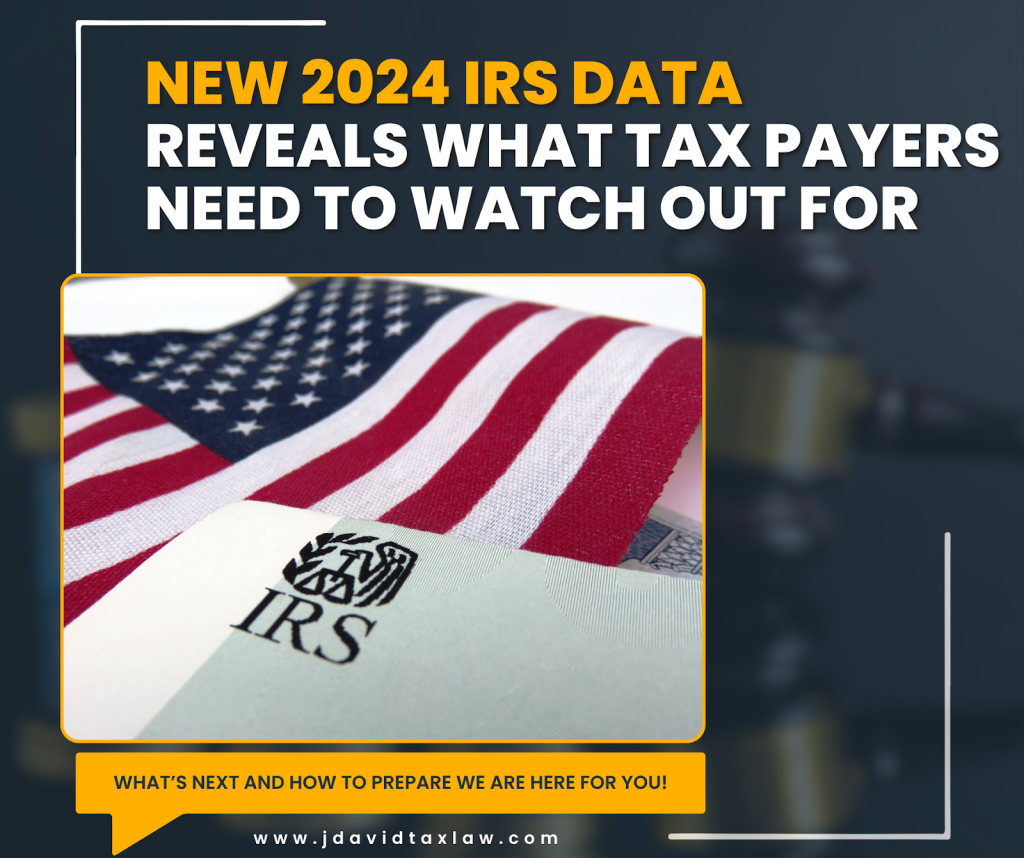By now, no doubt you have heard about some form of cryptocurrency tokens; Bitcoin, Ethereum, Litecoin, and even Dogecoin made a cameo on Saturday Night Live recently. These cryptocurrencies all have wildly different prices, but the underlying technology of these tokens is the same type of computer code that acts as a digital ledger that records information entered and verifies it with all other computers that are connected to the code. This code and digital ledger system are referred to as blockchain, and it is the innovative technology leading the rapid explosion of vast varieties of cryptocurrency tokens. On top of that, it’s never been easier to buy stocks or cryptocurrency with zero commission trading available on most platforms. So it’s important to understand where these tokens come from, what makes them valuable, and most importantly, what tax implications buying and selling them mean.
In order to understand the main three uses of cryptocurrency and the tax implications of each, a good grasp of blockchain technology is needed. The computer code known as blockchain is really just a digital ledger that connects computers running the same code and allows the code to enter information onto each computer to verify it, without having to store it in one central location. To put it another way, you can think of it as a list of bank transactions listed on your monthly bank statements; it logs all your transaction information and stores it with the bank in a centralized location.
The downside to this is that it’s all in one place, meaning if it’s lost or manipulated, the information can potentially be lost for good. That’s the drawback of blockchain; all the computers act as the ledger and can cross-reference each other to find the correct information, and prevent any type of fraud. In exchange for allowing the blockchain to use your computer and electricity, it rewards you after you have run, or “mined”, enough cross-referencing checks. The reward is the cryptocurrency token.
Coin Exchanges
The more some things change, the more they stay the same. This is true even in the new world of cryptocurrency. Cryptocurrency is called a currency because its creators wanted the newly “mined” tokens to become a legitimate currency that would be recognized and accepted for payment in exchange for goods and services. However, for the most part, today it is still treated just like a stock or equity asset would be. One of the main uses for crypto is as an investment vehicle and it is traded on exchanges exclusively dedicated to crypto, and even offered by brokerage firms. As such, it is reported to the Internal Revenue Service as an asset and is taxed based upon the various capital gains rates.
Recognizing this distinction for gains has never been more important, as the IRS is focusing its attention on current cryptocurrency transactions, as well as potential transactions you previously made. Accurate record-keeping, dedicated tax professionals, and an understanding of the crypto market can help keep you in good standing and prevent IRS intervention. In the next article in this series, we will take a look at how cryptocurrency aspires to be a real type of fiat currency in the near future.
Cryptocurrency Representation
At J. David Tax Law, we are experts in the taxation of cryptocurrency and the fallout from unpaid taxes on cryptocurrency gains. In the last eighteen months, we have represented over 600 individuals that have been pursued by the IRS for cryptocurrency violations of the tax code. Do not fall into a false sense of security that the IRS cannot locate the taxable income from crypto transactions. The IRS is currently pursuing tens of thousands of people who owe taxes from cryptocurrency trading, and this is only the beginning.
If you are contacted by the IRS about a tax debt from cryptocurrency, call the experts at J. David Tax Law for a no-cost consultation and immediate representation. You can’t afford to not act quickly.















